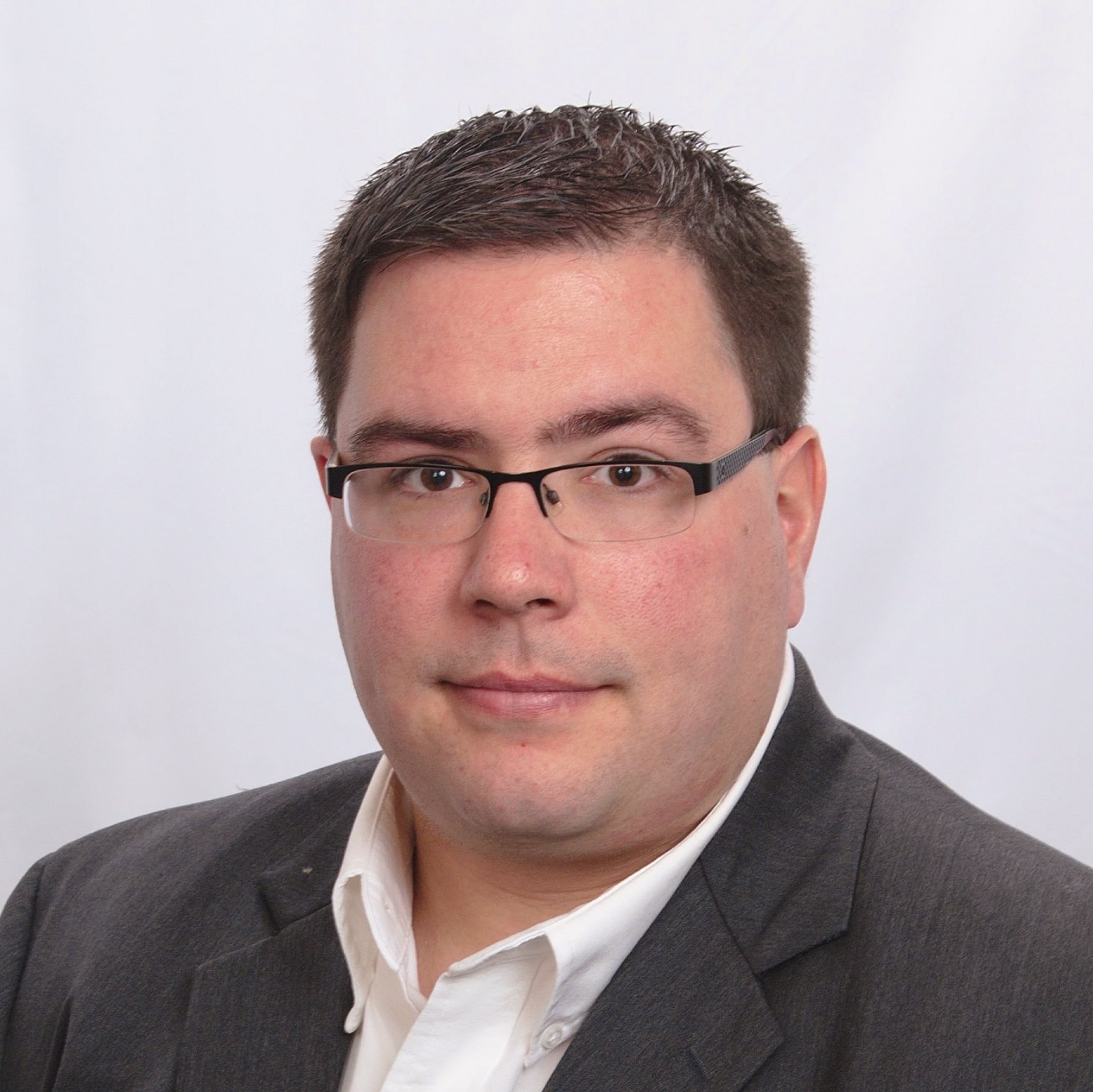Real-Time, Real Safe: Modernizing Waste Site Slope Stability with Remote Monitoring
Waste disposal facilities across the nation have recently experienced slope failures. Many are attributed to the accumulation of liquids resulting in an overall strength reduction of the waste mass. Slope failures at disposal facilities can have massive financial implications for owners and may result in potential environmental releases or considerable safety hazards for site personnel. Early signs of instability are often identified and monitored through visual observations made by onsite personnel. This results in subjective observations, and the labor-intensive nature makes continuous monitoring costly.
Recent advancements in geotechnical instrumentation data loggers and remote communications allow for real-time, remote data viewing. Remote geotechnical instrumentation is a more quantitative method, providing actionable data to monitor slope instability and track slope movements trends when signs of instability are observed. By providing real-time data without requiring site personnel to access potentially unstable areas of the site, these remote monitoring systems reduce labor costs and improve site safety.
Remote monitoring capabilities allow sites to verify/monitor assumptions made during the design process and identify trends to key slope stability parameters. This enables sites to make proactive efforts to improve slope stability long before instability becomes a concern.
This session will discuss the various remote geotechnical monitoring instrumentation including piezometers, inclinometers, GNSS/GPS units, thermistors, and remote communication systems used on recent projects to aid in proactive and reactive slope stability monitoring. Attendees will learn how adopting remote geotechnical monitoring technology can help modernize site safety and environmental protection.
About the Speakers

Tim Mitchell
Principal | Civil & Environmental Consultants, Inc.
Tim Mitchell has been with Civil & Environmental Consultants, Inc. since 2006. He has been involved with various solid waste management projects including landfill design, permitting, and general engineering support. More recently, his project experience has included engineering support for landfill facilities with unstable or potentially unstable slopes, evaluating special waste types at facilities, and support for landfill dewatering efforts. In addition, he has served as the Division Director for the Landfill Management Technical Division for the Solid Waste Association of North America (SWANA).
Zachary Metzler
Project Manager | Civil & Environmental Consultants, Inc.
Zachary Metzler is a Registered Engineer-In-Training in the Commonwealth of Pennsylvania. He is a graduate of The Pennsylvania State University with a Bachelor's Degree in Civil and Environmental Engineering. He has experience with solid waste and geotechnical projects related to permitting, design, and construction of landfills. Mr. Metzler has focused primarily on geotechnical aspects of waste disposal sites, with recent work relating to remote geotechnical instrumentation and how these instruments can be integrated into slope stability monitoring at waste facilities.

Brad Nagy
Project Consultant | Civil & Environmental Consultants, Inc.
Brad Nagy is a Project Consultant with over 3.5 years of experience within the solid waste and environmental fields. His experience includes slope stability analysis, geotechnical monitoring instrumentation, landfill construction and design, and environmental compliance. He has diverse field work experience including, but not limited to, instrumentation installation and upkeep, construction quality assurance, drilling oversight, and environmental groundwater and soils sampling. He has also been involved in technical engineering and reporting of slope stability analyses and instrumentation, landfill design, solid waste and environmental permitting, and computer modeling.
Speakers
-
Tim Mitchell
Principal
Civil & Environmental Consultants, Inc. -
Zachary Metzler
Project Manager
Civil & Environmental Consultants, Inc. -
Brad Nagy
Project Consultant
Civil & Environmental Consultants, Inc.






